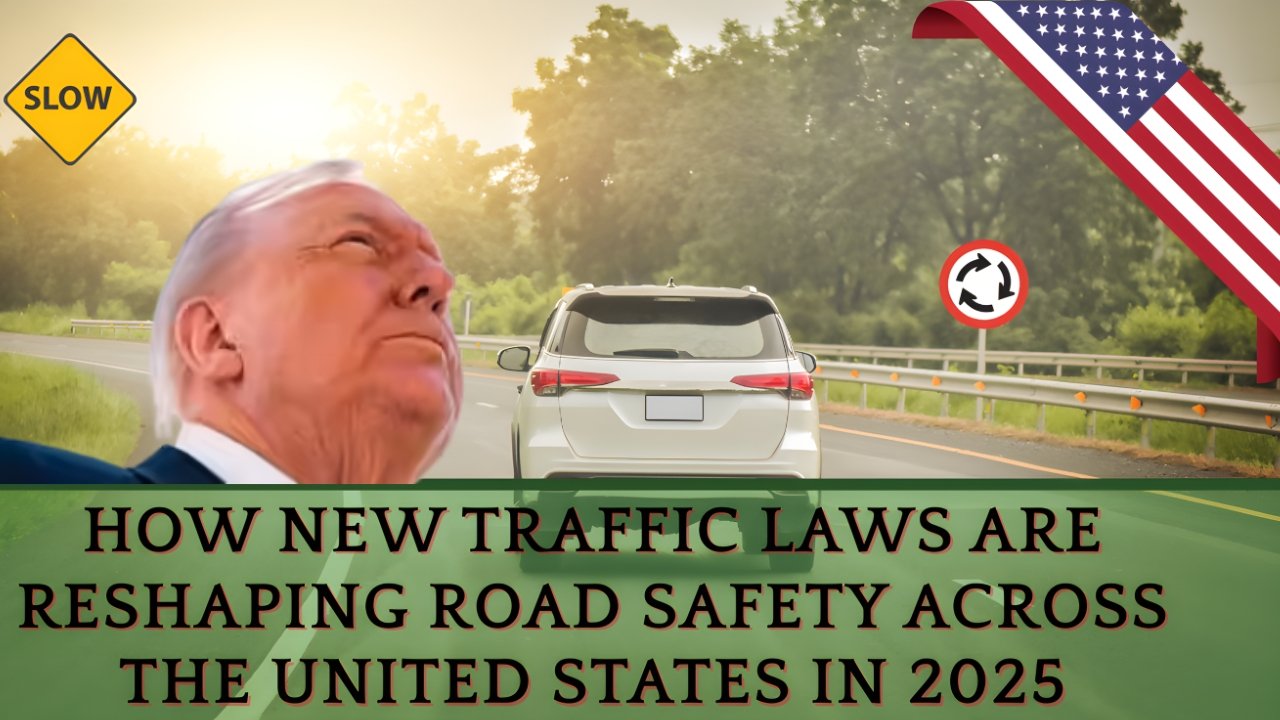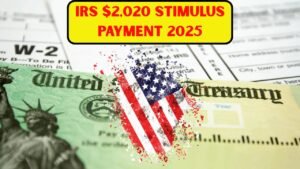The United States will implement tougher laws on driving license renewal among the elderly, who are 87 years and above. The given rules are the results of the motivation of the Department of Transportation to improve the safety of roads without compromising the autonomy of elderly drivers. The reformed legal system will entail the license renewal after every year and compulsory eye examination and driving examinations to all drivers who are 87 and above. The new system will be looking to detect any physical or cognitive limitations early to minimize the risk of accidents and enable able seniors to continue working on the road without danger to other road users of the same senior population.
| Age Group | Renewal Frequency | Required Tests |
|---|---|---|
| 70–80 yrs | Every 4 years | Vision test |
| 81–86 yrs | Every 2 years | Eye + Cognitive screening |
| 87+ yrs | Every year | Eye test + Road test |
Why the Law Was Introduced
The American population of older drivers has soared and almost 48 million citizens with ages 65 and above have become active drivers in America. Though, most of them are safe behind the wheel, age may cause problems with the eyesight, slow reflexes, and slower decision making. Federal officials note that the 2026 update is not expected to revoke licenses but instead be more of a reward of ability instead of age. The law contributes to the equalization of safety and individual capacity by measuring health and reaction capacity after 87 years annually.
There are some important regulations that drivers of 87 years and above are required to observe.
As of January 2026, drivers over 87 years old will have to renew the license in person, each year. They are also required to undergo an eye inspection and an obligatory practical driving test in the course of renewal to demonstrate their ability to operate on the road. Moreover, DMVs will receive medical certifications that will confirm the physical fitness of the senior to drive. Suspected unfit drivers may also be reported to doctors, caregivers, or family members in order to receive a safety reassessment. A test failure does not necessarily result in the suspension of a license, restricted licenses with restrictions on driving time or restricted areas can be handed out instead .
Adaptations and variability at the state level.
Even though the federation model establishes national standards, states are free in implementation. As an example, California already prohibits internet renewals of individuals of 70 years and older; the DMV in Florida also encompasses vision test since the age of 80. Texas will enforce harsher yearly examinations on drivers over 85 and Illinois will impose behind-the-wheel exams to drivers over 87. Such modifications represent regional strategies to address senior safety to the federal standards of compliance [2].
The challenge of maintaining a balance between independence and safety lies in their incompatibility within the current healthcare system. These new rules are looked at by policymakers as a culture of safety that takes into consideration the independence of the elderly but making sure that avoids tragedies. The framework advocates the idea that older drivers should get refresher driving lessons, improve their situational awareness, and use mobility aids such as adaptive steering systems. Seniors who are no longer able to drive are encouraged to use transportation to get around in some states, like community shuttles with subsidies, and collaborations with ride-share apps.
FAQs
Q1. Does this imply that the seniors aged more than 87 will automatically lose their licenses?
No, the regulations do not automatically revoke but only require the yearly medical and driving exams to guarantee fitness.
Q2. Can one of the family members request a driving review on an elderly driver?
Yes, a DMV assessment may be provoked by reports by family members or physicians in case there are real safety concerns.
Q3. What about the failure of an elder driver to pass a test?
They can be issued with a restricted license with certain conditions like night time or highway driving in lieu of a full suspension.






